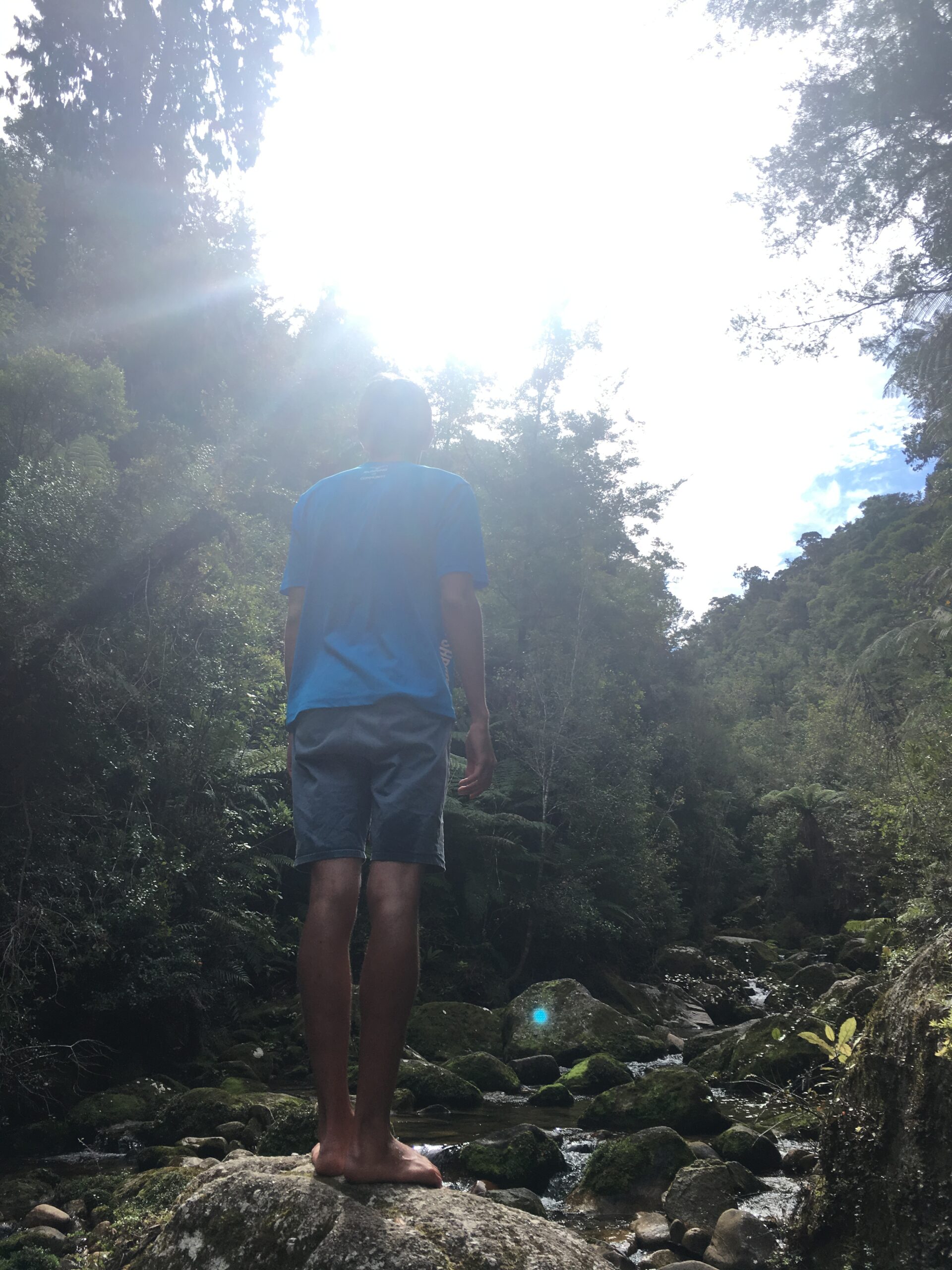The Importance of Personal Days While Abroad


While studying abroad, time is precious. Students only have one semester to see and experience all that they can, as well as meet as many unique and diverse individuals as possible. Due to these time restraints, it is easy to feel as if all available free time must be spent relentlessly exploring new places and throwing oneself into novel social settings. Afterall, meeting new people and being exposed to their views and the culture of the country they live in, is one of the most valuable things that students can gain from studying abroad. However, constantly pushing oneself into new and oftentimes semi uncomfortable situations is also extremely draining and it is extremely important to occasionally take a breath, and take a break.
My time studying abroad in New Zealand has been defined by nearly constant exploration. The vast majority of my weekends have been spent on the road and in a tent, exploring the vast and spectacular country that is New Zealand. From its rugged mountains and deeply cut fjords, to its tropical beaches and lush rainforests, I have had the incredible opportunity to see a great deal of the south island. While this has been an absolutely thrilling, once in a lifetime experience, this sort of constant hustle and bustle takes a toll. Afterall, it was not just travel that I was focused on. As an exchange student my primary focus is on attending classes and securing the grades needed to graduate from my home university on time. Thus my first month or so in New Zealand was a hectic lifestyle that consisted of school, work, and social events during the week, followed by intense travel every weekend. It was a regime that quickly left me feeling drained, emotionally, mentally and physically.
The physical exhaustion is what hit me first. Driving a combined six to eight hours a weekend took a toll on my back and knees, as did the miles of hiking and the nights spent sleeping on the ground, in a more often than not, cold, damp tent. No matter how prepared you are, how tough you are, or how good your gear is, it is nearly impossible to sleep as well in a tent as you would in a bed. As, a result, I returned from my weekend trips, happy and excited about the amazing things that I had seen, but also sleep deprived and sore. It started to get harder and harder to wake up for morning classes. Ten o’clock morning classes, which had previously felt like a perfectly reasonable time to start my day, began to feel like an impossible wake up call. I’d wake up sluggish and disoriented and spend the majority of my morning in an exhausted haze. Being tired became the norm and, as so often happens, the more worn out I was, the weaker my immune system became, and soon I was battling a nasty cough.
As one can imagine, for me, physical exhaustion quickly translated into mental and emotional fatigue as well. I became, more irritable, less outgoing and more prone to sadness. Being abroad and so far from home, I am, like the majority of students that choose to study abroad, far removed from my normal support systems. Though I am not one to normally experience homesickness, I have felt it on occasion while abroad and it has hit me the hardest during periods of fatigue. It was during this period of fatigue that the absence of my friends and family hit me the hardest and that I felt the loneliest.
For these reasons, following an epic eight day camping trip during spring break, I decided to take a breath and slow down a little. Over the past few weeks I have still traveled a significant amount, but I have also spent at least a few weekends at home. Exploring the sites of Dunedin, hanging out with my flatmates and most importantly, spending some time alone. I believe that it is absolutely paramount that students occasionally reserve a moment for themselves while abroad. Whether it is only for a day or for an entire weekend, setting aside some time, to rest, recharge and recuperate is key to staying physically and mentally strong while abroad and ensuring that one does not crash and burn.
Liam C. H. | Franklin & Marshall College | University of Otago Partnership in New Zealand | Spring 2018 | IFSA International Correspondent